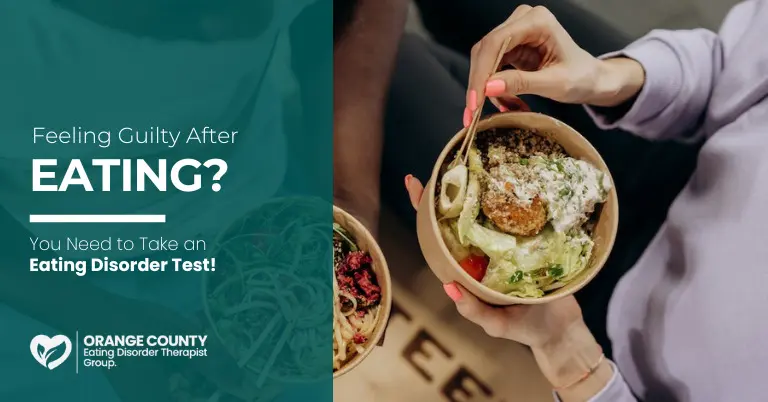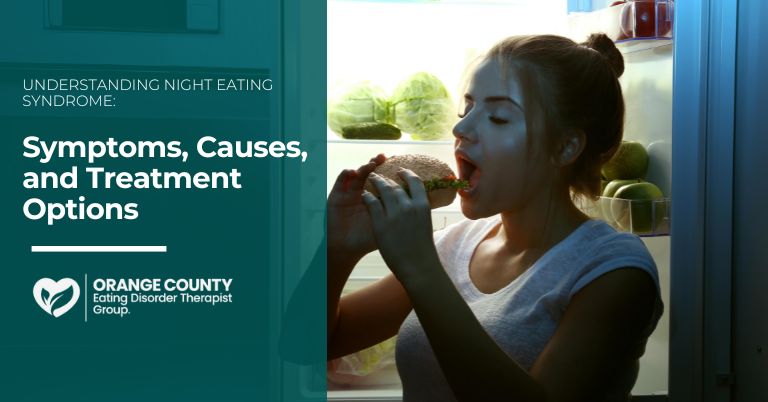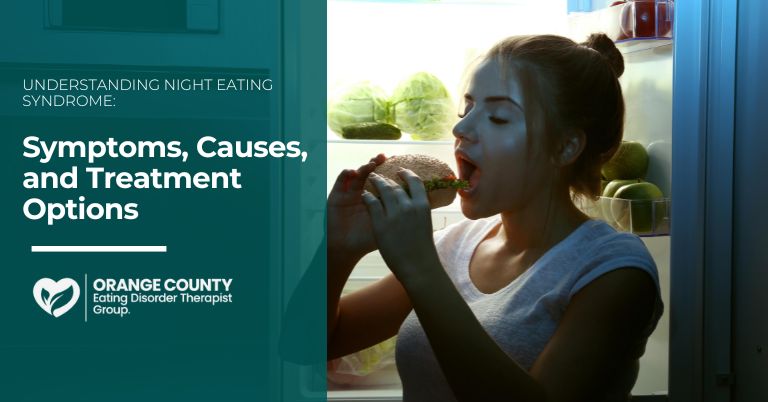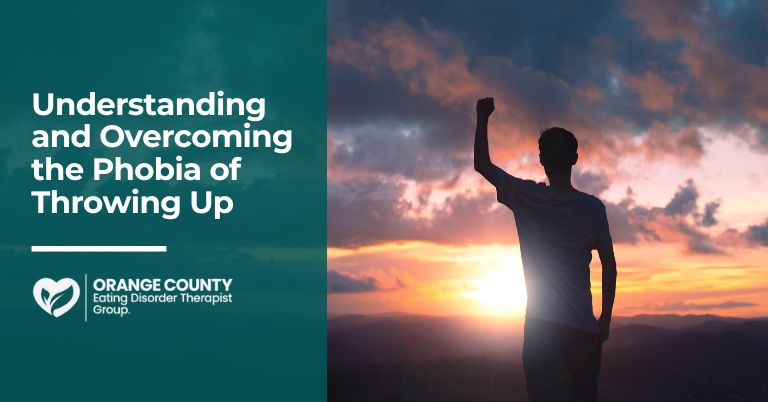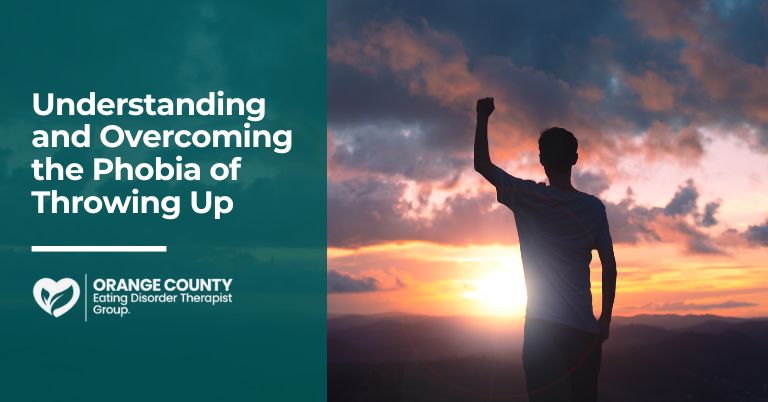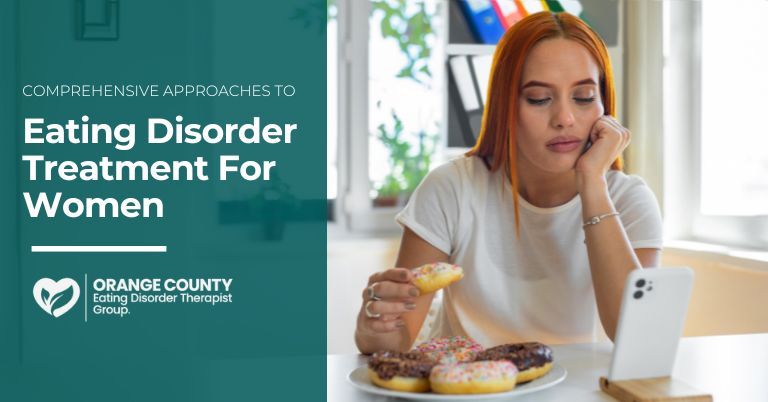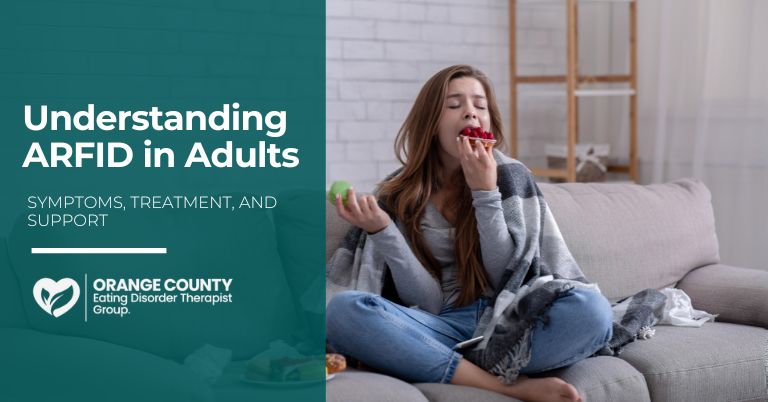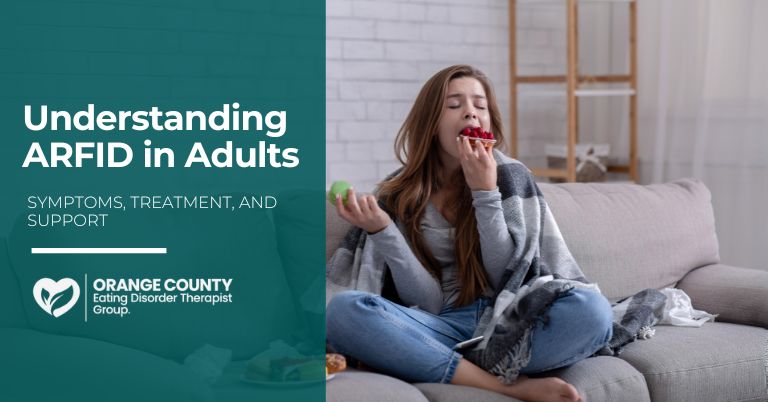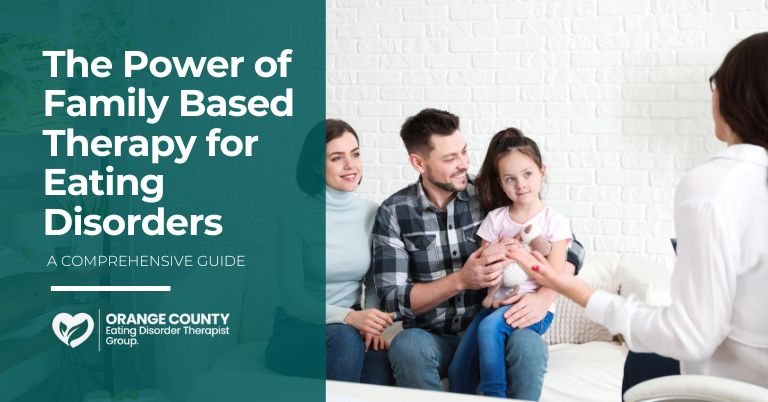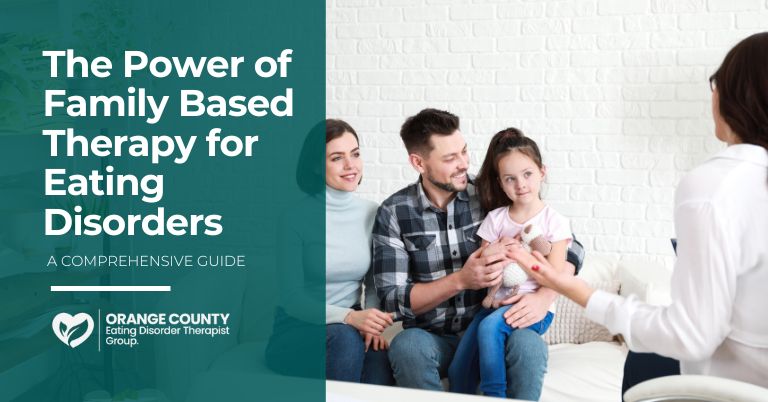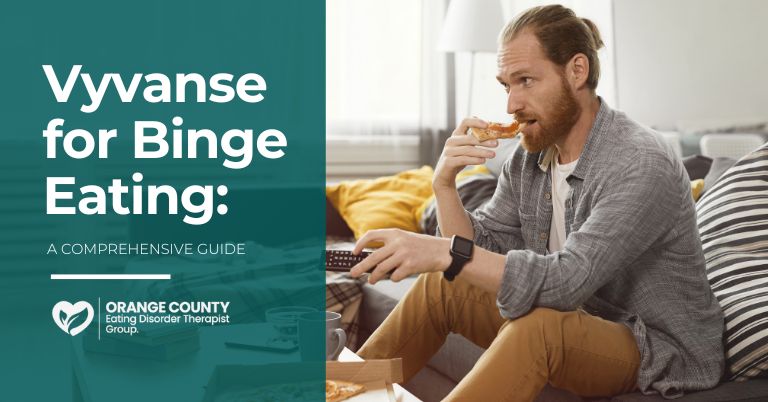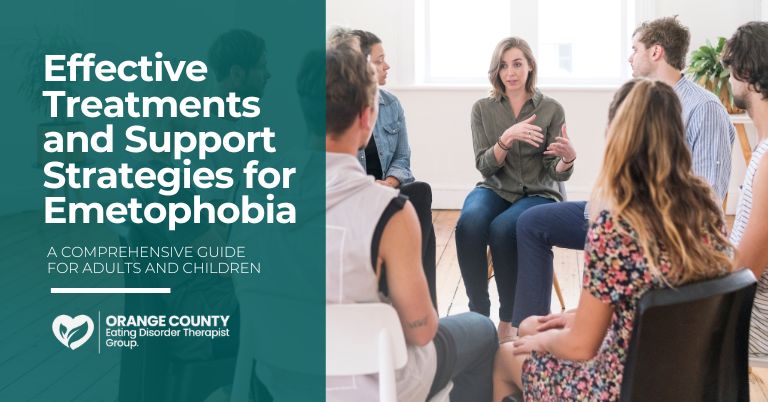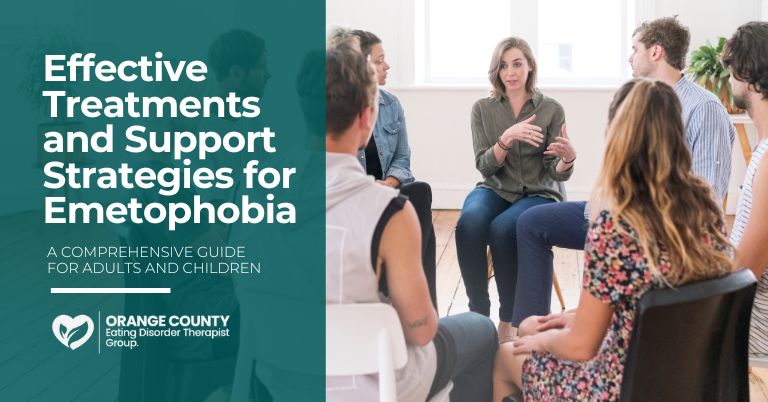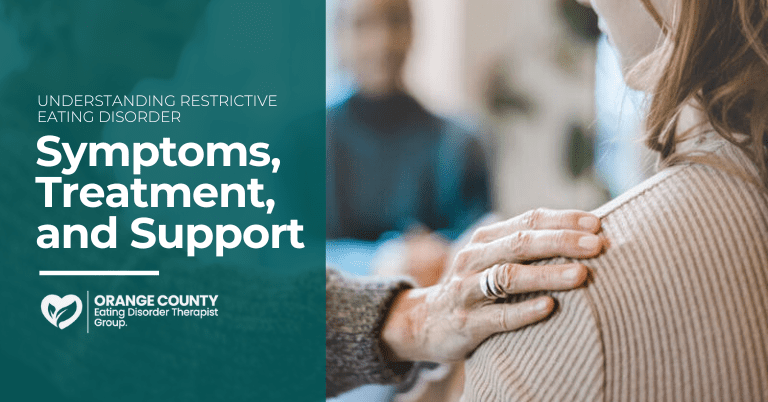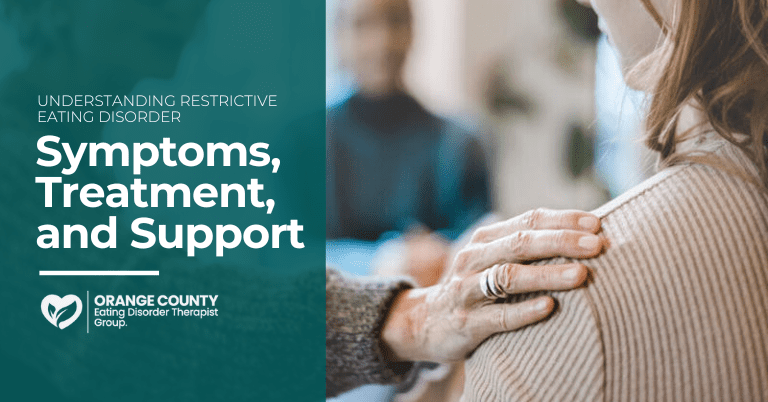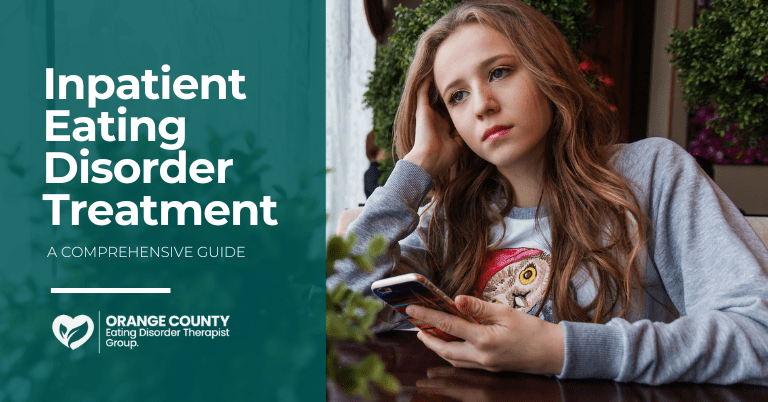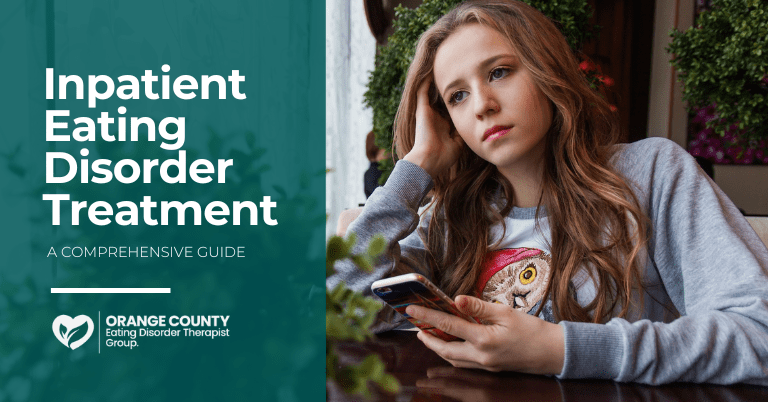Do You Need to Take an Eating Disorder Test?
Eating disorders can impact anyone, no matter their race, gender, or body size. According to the National Eating Disorders Association (NEDA), about 30 million adults in the U.S. might experience an eating disorder during their lives.
These disorders can mess with how you feel both mentally and physically. They can change how you behave when it comes to food and how you see your body. If you’re worried you might be dealing with an eating disorder, consider taking an eating disorder test to learn more.
What is an Eating Disorder Test?
The eating disorder test is like a quiz that helps you figure out if talking to someone who knows about eating disorders might be helpful.
This test is private and easy to use. It’s made to find signs that might show if you have an eating disorder.
It looks at lots of things about how you think, feel, and act about food and your body. This helps you figure out how you’re doing with eating and how you see yourself.
The results from this quiz can be a good way to start talking with a doctor or someone who knows about eating disorders. They can help you figure out what to do next to get better.
Who Should Take the Eating Disorder Test?
Eating disorders are tricky mental health issues that can affect anyone, no matter their age or background. It can be hard to notice the signs because they’re not always obvious. This test is meant to help you figure out how you relate to food, your body, and behaviors linked to eating disorders.
Consider taking this test if:
- You’re worried about how you think about food, your body, or weight, and it’s affecting your daily life.
- You feel upset or anxious about eating or your body, which might suggest an eating disorder.
- You’ve noticed changes in your body, like weight loss or feeling physically weak because of how you eat.
- You’re concerned about a friend or family member and think they might have an eating disorder. You can take the test to understand what might be going on.
- You’re curious to learn more about eating disorders to understand them better.
What to do after taking the eating disorder test:
Remember, this eating disorder test isn’t a diagnosis, but it’s a good starting point if you need help. If the results suggest a problem, it’s essential to talk to a healthcare provider who knows about eating disorders. Getting professional help is the key to getting better.
If you’re looking for someone who can help with your eating habits, you might want to search for “Eating Disorder Dietician Near me.” These experts can provide guidance on healthy eating habits and managing eating disorders.
The role of an Eating Disorder Therapist is to help people dealing with eating disorders. They listen, provide support, and teach strategies to improve your relationship with food and your body. Therapists guide you toward a healthier and happier life.

Why Do I Feel Guilty After Eating?
When people talk about food, they often put them into two big groups – good or bad. But really, all foods have some good things for us. When we label foods as “good” or “bad,” it can make us feel bad about eating certain things.
As long as people see some foods as good and others as bad or as something you’re not supposed to eat often, it can make many folks feel guilty and ashamed. This can cause problems in how people think about food. They might start feeling really bad about themselves and create their own rules about what and how much to eat, trying to control things. But this control can end up making things worse.
This could also lead to different types of eating disorders. Eating disorders can be tough, but some people can help. If you’re looking for someone who knows about eating disorders, you might search for “Eating Disorder Therapist” or “Eating Disorder Specialist near me.” These specialists can provide support and guidance for those struggling with their relationship to food.
Which Types of Eating Disorders Does the Test Take into Consideration?
There are different types of eating disorders, and it’s important to understand them to get better. At Orange County Eating Disorder Therapist Group, we help with various conditions:
- Anorexia Nervosa: This is when someone is really scared of gaining weight and sees their body in a way that’s not true. They eat very little.
- Bulimia Nervosa: People dealing with this might eat a lot in a short time and then do things like throwing up or exercise a lot to stop gaining weight.
- Binge Eating Disorder: This is when someone eats too much but doesn’t do things like throwing up afterwards. It’s the most common eating disorder in the U.S.
- OSFED (Other Specified Feeding or Eating Disorders): This is for disorders that don’t completely fit anorexia, bulimia, or binge eating disorder but still cause a lot of worry or trouble.
- ARFID (Avoidant/Restrictive Food Intake Disorder): People with ARFID don’t have much interest in food or don’t like certain textures, colors, or smells, which makes them eat very little, but it’s not because of worries about weight or looks.
If you’re looking for help with bulimia, anorexia, or any eating disorder, you might want to look for “Bulimia Therapy,” “Anorexia Therapy,” or “Eating Therapist.” These specialists can support you in dealing with these issues and guide you toward feeling better.
Breaking the Cycle
Do you often eat when you’re feeling down or unhappy? Do you keep your eating habits a secret from others? Do you feel really bad after eating certain foods, even if it’s just a little? Do you feel like you can’t control how you eat or that you need to stick to certain “safe” foods?
If you’re saying “yes” to any of these, maybe it’s time to take a step toward feeling better about your thoughts on food. Apart from talking to loved ones and asking for help, it may be time to share how you’re feeling with an expert. Sometimes, talking to someone about what’s going on can help you start feeling better.
If you’re looking for help with your eating habits, you might consider “Eating Disorder Counseling.” These specialists can offer support and guidance through an eating disorder test to help you improve your relationship with food and feel better overall.
FAQs
What is an Eating Disorder?
Eating disorders are complex mental health conditions characterized by disturbances in eating behaviors and related thoughts and emotions. They can involve extreme attitudes and behaviors surrounding food, weight, and body image.
What are the Common Types of Eating Disorders?
Common eating disorders include Anorexia Nervosa (severe restriction of food intake), Bulimia Nervosa (binge eating followed by purging behaviors), and Binge Eating Disorder (consuming large amounts of food without purging).
What Causes Eating Disorders?
Eating disorders are influenced by a combination of genetic, environmental, social, and psychological factors. These may include genetics, personality traits, societal pressures, and traumatic life experiences.
How Can I Help Someone with an Eating Disorder?
Supporting someone with an eating disorder involves listening without judgment, encouraging them to seek professional help, and providing understanding and compassion. Avoid commenting on their appearance or food intake.
Where Can I Find Help for Eating Disorders?
Seek support from healthcare providers specializing in eating disorders, such as therapists, dieticians, or specialized treatment centers. Online resources and helplines can also provide information and support.

